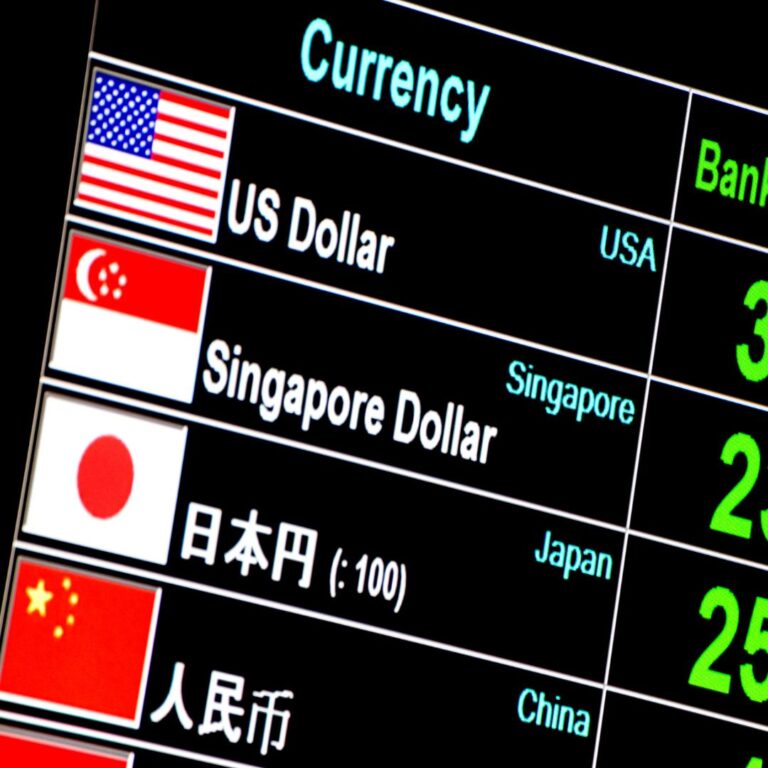Shariah-Compliant Investing
INTRODUCTION
If you were to ask any Singaporean in public, what Islamic finance is, chances are he or she wouldn’t really know what it is.
With a global Muslim population that makes one-fifth of the world, Islamic banking/finance or sharia-compliant finance is actually a 2 trillion industry that is growing at an exponential rate.
But why have the majority of Singaporeans not heard of Islamic Investing? Could it be the ‘Islamic’ title at the front? Or are Singaporeans just not interested in finance?
Over the past 7 years since I entered the industry through a course, I’ve observed a myriad of issues that hinders the success of the industry. Over time, I grew a passion to solve such problems and co-founded IFSG in the process. Let me share with you what Islamic investing is all about.
WHAT IS ISLAMIC FINANCE AND HOW DOES IT WORK?
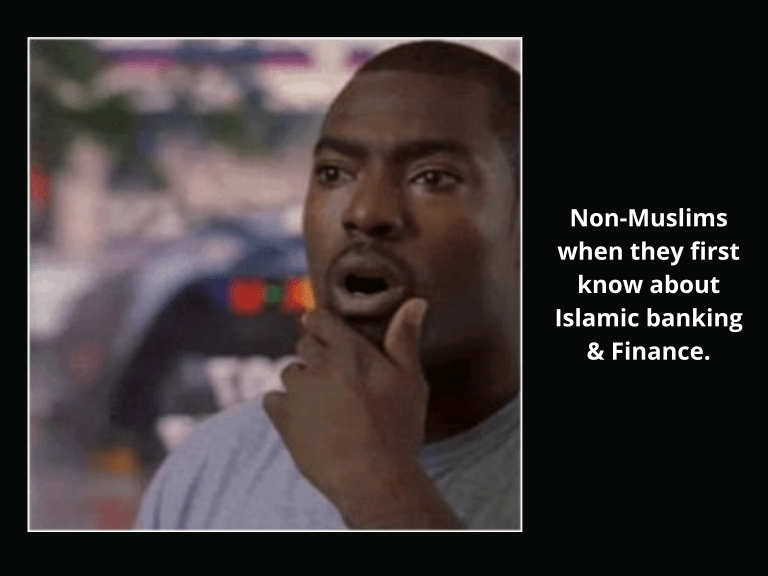
The fundamental practice and methodology goes beyond man-made ethical finance. In essence, it is focused on the fair distribution of wealth by avoiding interest, uncertainty, and gambling.
Islamic Finance scholars created a “leeway” for Muslims by combining qualitative (filtering companies doing casino, adult entertainment, etc) and quantitative (filtering companies with excessive interest).
This proved great during the financial crisis of 2008 since Muslim investors couldn’t invest in those financial companies and this resulted in Islamic Finance gaining traction.
There’s even evidence that Islamic vs ethical investing proves the former winning not just in returns but on impact (read more on “Investing in Islamic funds” by Dr Noripah Kamsoh)!
SO AS A MUSLIM, CAN I NOT INVEST IN WHATEVER I WANT?
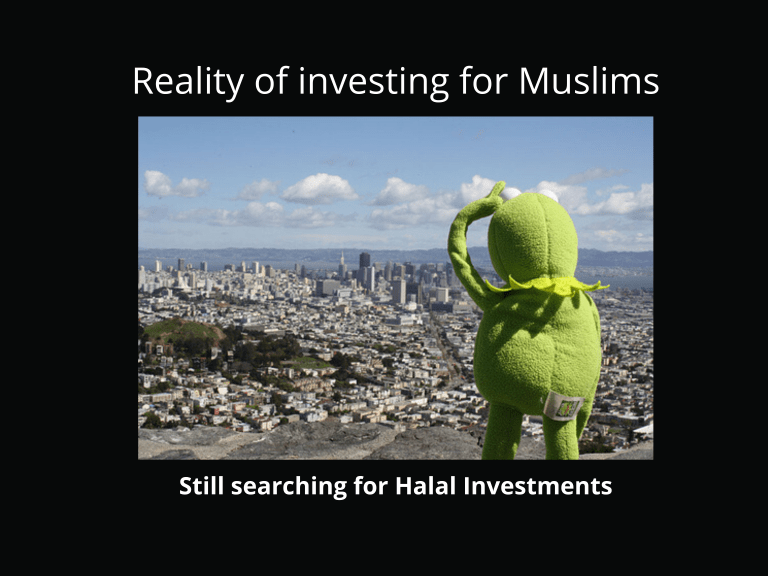
In short, no. You cannot invest in whatever you’d like. As said earlier, halal investments avoid interest, uncertainty, and gambling. Most of the stock market is speculation and consists of providing interest to shareholders and that limits your investment options.
When I first began my investing journey at 18 years old, I contributed $200 monthly to a regular savings plan investing in Franklin Templeton Shariah funds. This proved great as a forceful saving but as I was exposed to more instruments, I diversified into other safe instruments. Some of which include the Sabana Shariah Compliant REITs, precious metals, Islamic Fixed Deposits, and also Investment-Linked Policies.
Being a young Muslim investor, I had a higher risk appetite and started upgrading my portfolio to properly reflect it. Nevertheless, if you are a young Muslim looking to invest, it may be daunting to learn and incorporate Islamic banking principles into your portfolio.
OKAY.. I’M A MUSLIM, WHERE CAN I PUT MY MONEY?
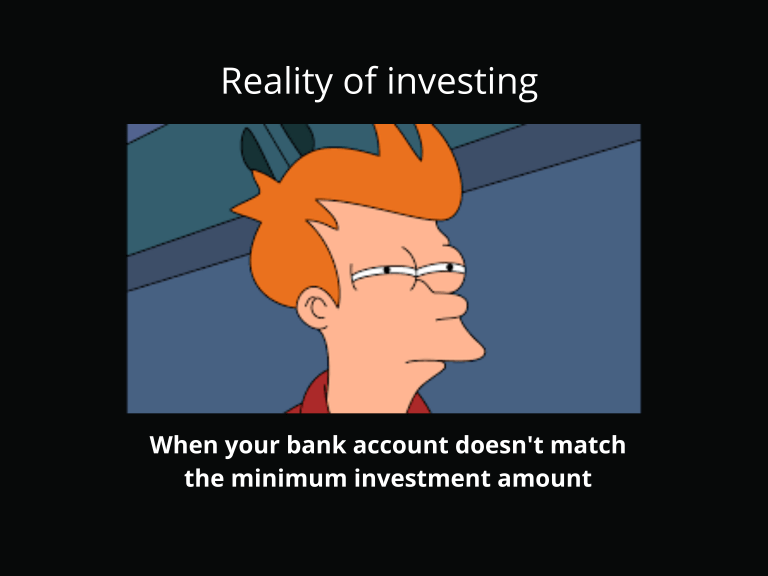
In investments, there are just a handful of Shariah compliant investments that Muslims can take on compared to their conventional counterparts. Singaporeans have to resort to overseas investment opportunities such as NASDAQ Halal ETF by Wahed Investments, or real estate crowdfunding by Ethis, SME crowdfunding of local and overseas companies by Kapitalboost just to name a few.
Generally, Muslims may look into investments opportunities such as mutual funds, land banking, private equity, Investment Linked insurance policies (ILPs) and Real Estate Investment Trusts (REITs). I’ll get to them one by one.
*Disclaimer, I am not a financial advisor and these are just my opinions. Please do your own homework before investing. I am in no way affiliated to any of the companies listed below.
1) MUTUAL FUNDS
If you are looking for professional invested funds then Franklin Templeton offers it alongside big fund managers such as Deutsche and HSBC to name a few.
The more exciting funds in the market require bigger principal but my tip would be to speak to an independent financial advisor to really advise you on these investments.
Financial Alliance is a good start as they offer one stop financial consultation and have a dedicated Islamic finance department complete with a world class sharia advisor.
2) LAND BANKING
Land banking offers consistent returns but there’s only one in Singapore that is certified Shariah Compliant (much like the halal logo you see). Walton, a US based company, will set you back by a minimum investment of $10,000 but the returns are a consistent 10% annually (based on Dennis Ng, author of “what your school never taught you about money”). It is definitely a fund I am looking forward to investing in the near future.
3) PRIVATE EQUITY
Private equity is another exciting fund that not only requires a higher principal amount, but the investor must also be classified as sophisticated. Muslims in Singapore can invest in the Montreux healthcare fund specialising in healthcare equipment if they fit the two criterias above. The return? Well let’s just say you don’t call yourself private equity if you don’t provide 20% returns.
4) INVESTMENT LINKED POLICIES (ILP)
Then there’s ILPs. There’s a concept in Islamic Finance called Takaful. You can call it Islamic insurance but the main gist is the cooperative structure whereby policyholders contribute to a pool that reimburses one another in case of an event.
Unfortunately, Takaful is not present in Singapore, but the closest alternative is ILPs. Again the mutual funds of Franklin Templeton are used in this case and if you prefer alternative funds then Manulife and NTUC Income have their own funds (just in name, not the real takaful).
5) STOCKS
All companies whether they are in Singapore or overseas exchanges will be certified shariah compliant if they operate in permissible business sectors (qualitative screening) and meet a few financial ratios (quantitative screening). If you invest in these companies, you will need to cleanse or purify your income by taking out a certain percentage of your income from the dividends received. If the company does not have non halal income, there is no need to purify.
As said earlier, interest is divinely prohibited in Islam due to the injustice it creates to the debtor. If you are looking to invest in individual stocks, you may do so using the Ideal Rating software which can filter shariah compliant stocks and the purification you need to do.
They cover multiple exchanges outside Singapore so if you have some spare cash (to cover the subscription fee by Idealratings) and want to invest in a shariah-compliant manner, they are worth looking into.
6) REAL ESTATE INVESTMENT TRUSTS (REITS)
Lastly, there are REITs that are fully shariah-compliant after getting certified by the Five Pillars organisation (who certifies shariah compliance for financial instruments and institutions). An example of a REIT would be Sabana Shariah Compliant REIT, a REIT focusing on industrial buildings.
If you have deep pockets and want to park your money to receive dividends then I would suggest Phillips I-REITs Management Account (minimum 20k investment). In this account, you’ll have the ability to invest in locally listed and global REITs, appropriate for long term investors.
Conclusion
Investing in these shariah compliant instruments may look different from the conventional investment instruments but you’ll quickly get the hang of it and realise it isn’t too different. Why not join our islamic finance community to learn more?
THE ISLAMIC FINANCE COMMUNITY
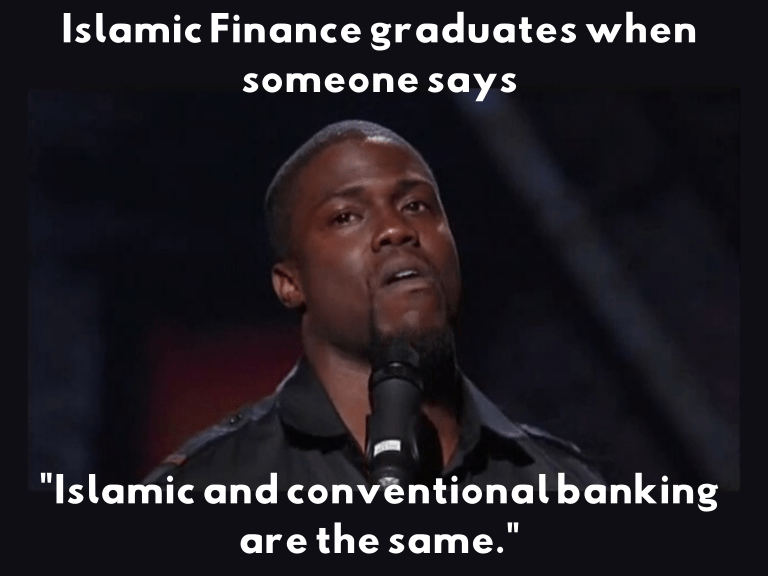
The Islamic Finance community is small yet homely as everyone knows each other like neighbors. Despite the size, the Singaporean Muslim Community are given plenty of investment options to choose from that fits their investment objectives. As a devout Muslim, I remain hopeful that more investment opportunities will be made available to our masses in order to accumulate wealth.
Islamic Finance Singapore is an independent organization gathering students, professionals, and scholars studying or working in Islamic Finance. The mission of this organization is to bridge the finance professionals and Islamic scholars in providing advice to community financial problems. For more educational Islamic finance material, head on over to our social media accounts! Click the links below.





